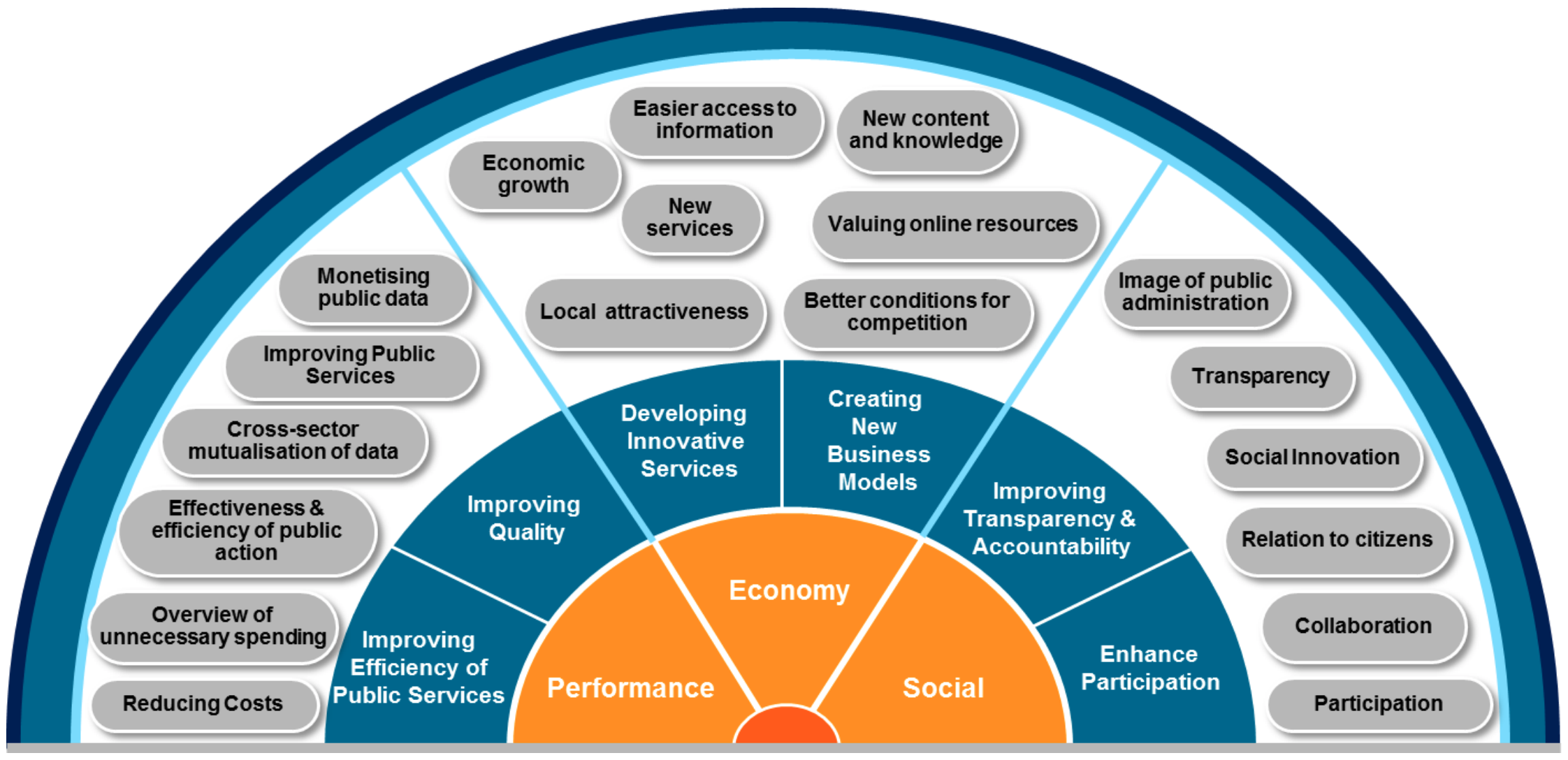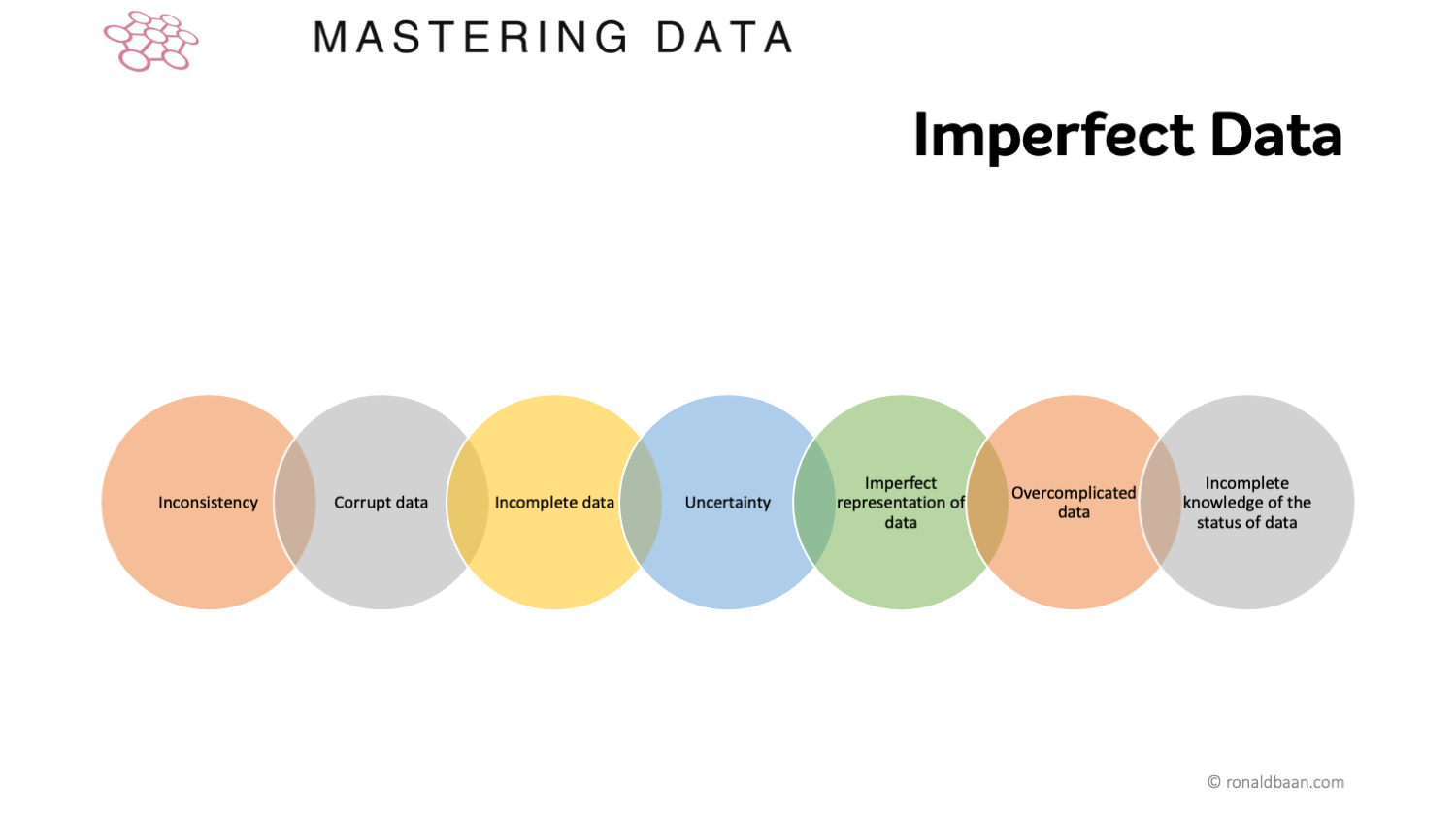This sounds strange, because surely, in our working environment, we mainly want flexibility to respond to new things, to react quickly?
When car manufacturing was designed as an assembly line at the beginning of the last century, it turned out that there were plenty of challenges. Such a way of working places demands on a lot of things. The statement attributed to Henri Ford “you can have any colour car, as long as it’s black” is typical. It indicates that ramping up production on a large scale also brings limitations.
That we can now run cars off the assembly line, with the first one being a completely different model from the second, with different colours, options, etc., of course that was never possible 100 years ago, it took us a very long time.
When you realise that the challenges of becoming #data-driven, doing more with data, being in control with data #require that you start processing data in an industrial way, then you know that some laws apply. (see also a previous blog rethink https://lnkd.in/e5XnUauD)
Your organisation doesn’t have 1,000 records with 100 attributes. No, it’s millions with hundreds, thousands of attributes, which are also not uniform and come from many systems. The challenge is how to deal with this, how to become better at this, without becoming an IT organisation!
The road to #data maturity starts with consistency and ends with flexibility!
So in the beginning of your process to become data mature, don’t go overboard, don’t start demanding that your process needs slightly differently data, uses it slightly differently. You will then not achieve the #scale the organisation needs for the time being.
Industrial processing of data to make it usable in all kinds of processes requires that we eliminate manual interventions AND that data is #consistent. Data must be controllable, repeatable, predictable 24/7 flow in the data landscape.
In my opinion, the #value of flexibility is routinely #overestimated, while the #cost of flexibility is vastly #underestimated. Is it essential for the organisation that your data flows slightly differently from the rest of the organisation? Are we going to make the same mistakes with data as we did with software, where endless tinkering with nonessentials creates unaffordable, unplannable and malfunctioning systems?
The order of #data maturity at a glance:
- consistency
- standardisation
- scale-up
- flexibilisation
Consistency is key, because data must be processed automatically and exceptions to exceptions are not at the beginning of your data journey, but come at the end, if the people, processes, systems and data are in place.




